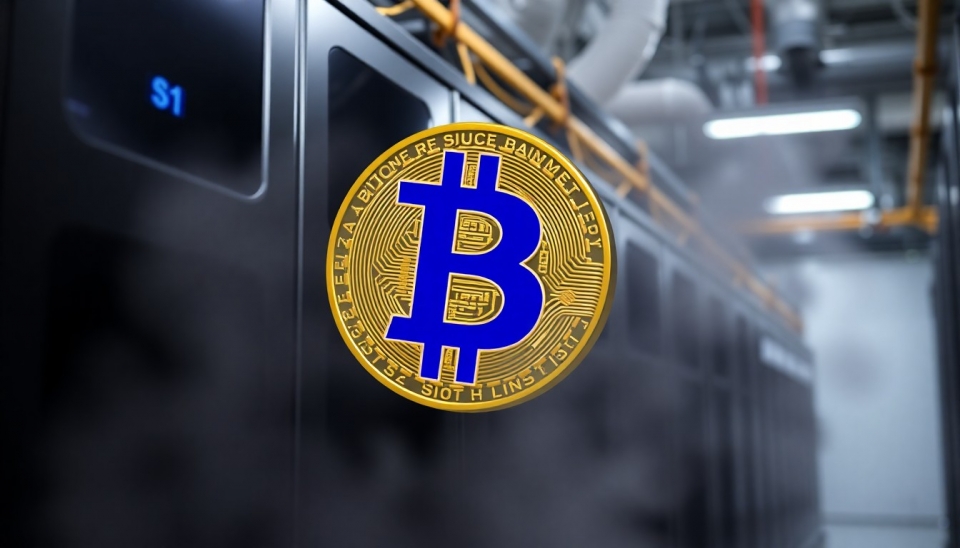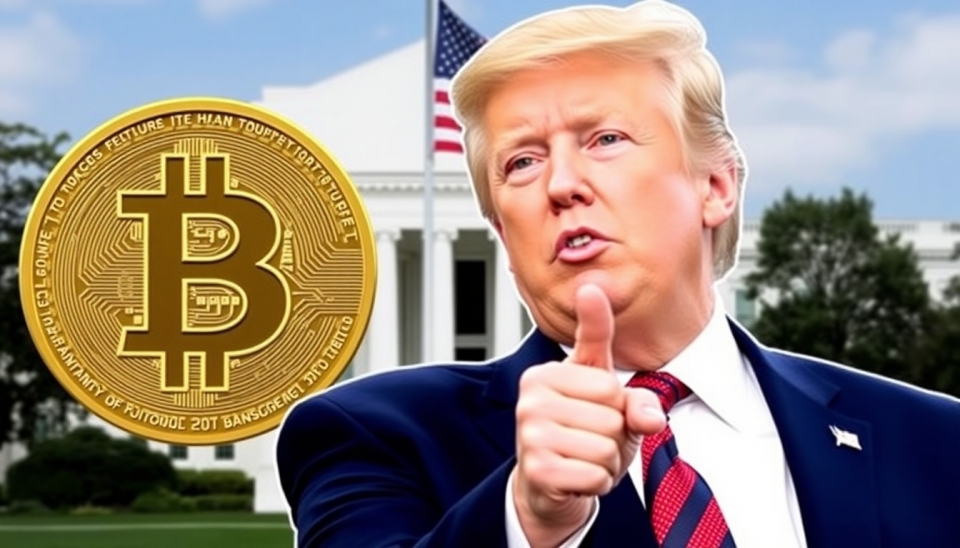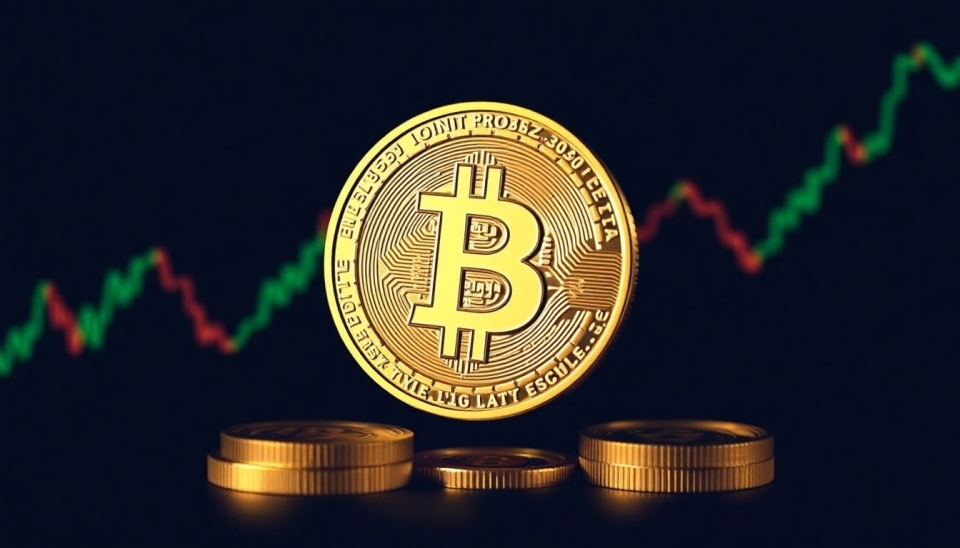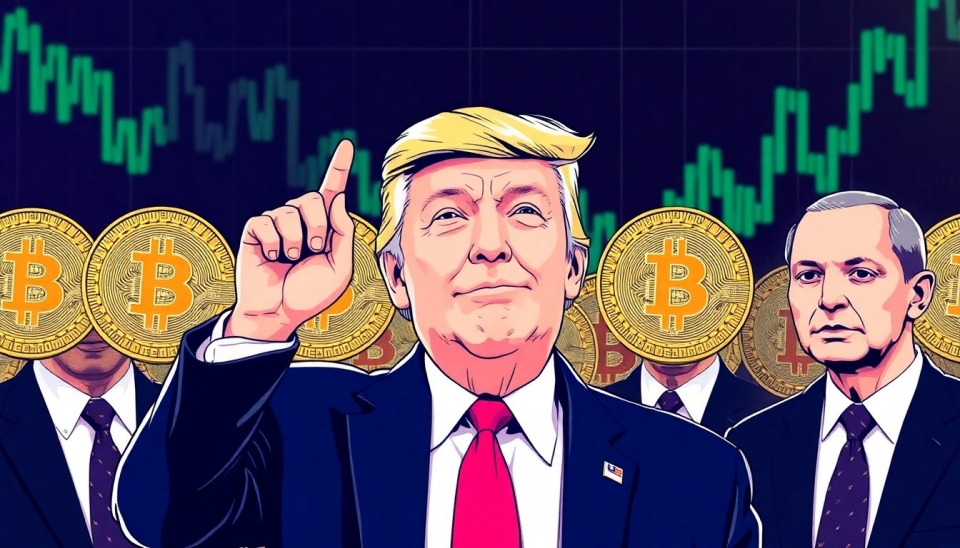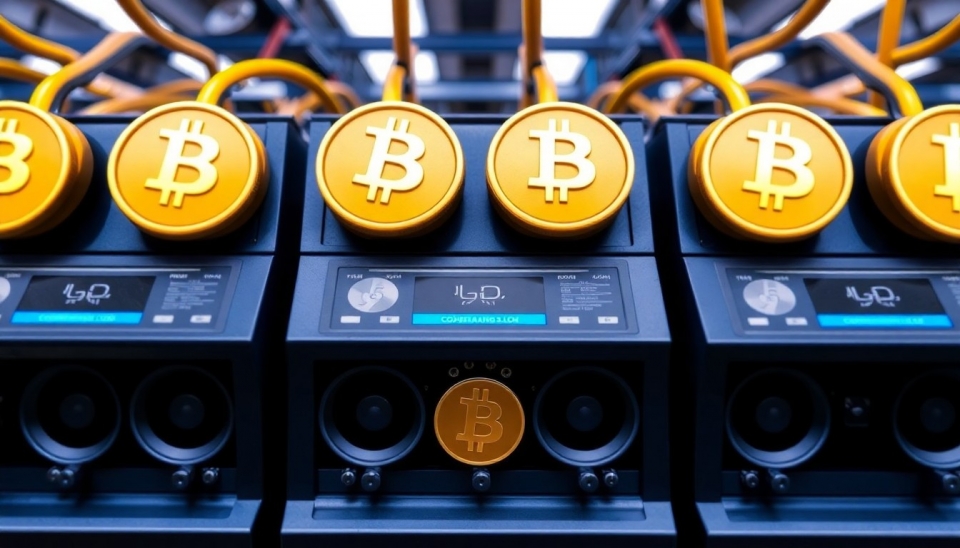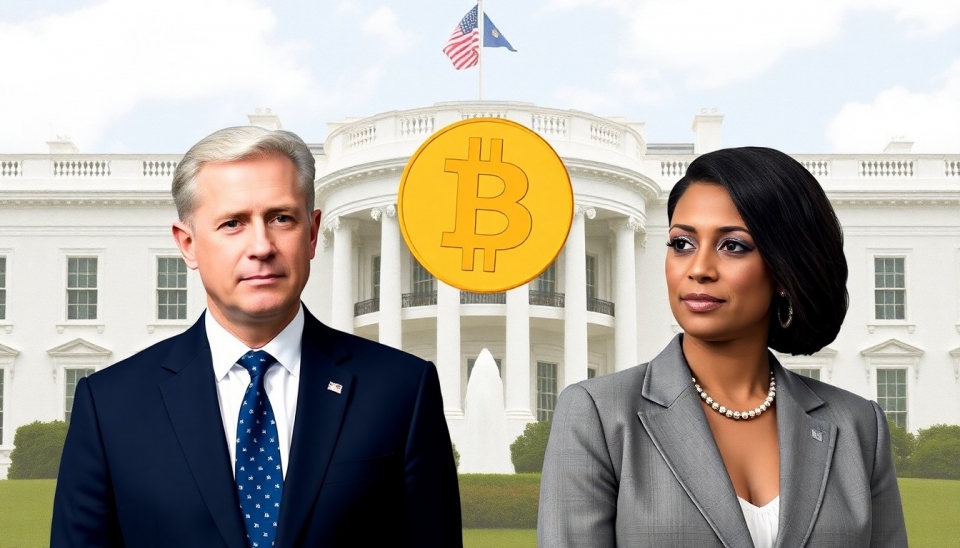
In a pivotal moment for the cryptocurrency landscape, key executives from leading blockchain companies have converged on the White House to engage in discussions centered on the future of Bitcoin and U.S. monetary policy. This high-stakes meeting comes at a time when there are heightened concerns over the establishment of a potential U.S. Bitcoin reserve—an initiative that could reshape the nation’s approach to digital currencies.
The meeting held on March 6, 2025, gathered influential leaders from the crypto sector, representing firms at the forefront of digital asset innovation. Among the attendees were executives from significant exchanges, pioneering tech firms, and established financial institutions that have begun to explore the implications of embracing Bitcoin and other cryptocurrencies more fully. The primary objective of these discussions was to clarify the government’s stance on Bitcoin as a reserve asset and devise strategies that would ensure a secure and stable regulatory environment for the burgeoning cryptocurrency market.
The growing interest in a U.S. Bitcoin reserve stems from an ongoing global trend of nations considering the integration of digital currencies into their traditional financial frameworks. Some argue that officially recognizing and regulating Bitcoin as a reserve asset could bolster the U.S.'s financial infrastructure, enhance economic stability, and support innovation. However, the White House meeting highlighted the various concerns and potential challenges that must be addressed before such a move could be realized.
Questions surrounding the blockchain’s influence on monetary policy and economic sovereignty were central to the discussions. Many crypto executives voiced their concerns about how a U.S. Bitcoin reserve could impact regulatory measures, competitiveness in the global market, and citizen access to financial services. The executives emphasized the importance of crafting a balanced regulatory framework that protects consumers while also encouraging innovation in cryptocurrency technology.
In the wake of the meeting, the sentiment among industry leaders appeared cautiously optimistic, albeit with an acknowledgment of the complexity involved in aligning governmental policy with the rapidly-evolving landscape of digital currencies. This marks a significant moment for dialogue between the cryptocurrency sector and federal regulators, as both parties seek common ground in a landscape that is often fraught with uncertainty.
As discussions continue, stakeholders are keenly watching to see how the outcomes of this engagement may influence future legislative and regulatory initiatives surrounding digital currencies in the United States. With Bitcoin's continued ascent globally and growing adoption across various sectors, the need for a coherent policy on cryptocurrencies has never been more pressing.
In conclusion, this meeting at the White House is a testament to the rising importance of cryptocurrency in both the financial and political arenas. As the U.S. government navigates potential pathways towards a Bitcoin reserve, the outcomes will likely have far-reaching implications for the future of finance in the digital age.
#Bitcoin #Cryptocurrency #WhiteHouse #Regulation #Blockchain #DigitalAssets #Finance #CryptoNews #MonetaryPolicy #Innovation
Author: Sophia Reynolds
